#langblr japanese
Text
晴れた初秋に多雨が次ぐ。
After a sunny early autumn, rainy days follow.
#感想#langblr japanese#langblr#studyblr#japan#japanese#japanese language#jlpt n2#jlpt n1#japanese vocabulary#study motivation#studyspo#study blog#study aesthetic#日本語#poetry#quotes#japanese poetry#japanese quotes#literature#original#writing#feelings#fall#fall aesthetic#autumn#rainy day#rain#light academia#dark academia
84 notes
·
View notes
Text
Kanji App Recommendation?
I want to be able to practice writing Kanji with an app, perhaps using an iPad with an Apple Pencil. I know that theres apps like Learn Japanese! - Kanji but I want to be able to follow the Genki curriculum learning order rather than what the app has built in. For example, Genki starts with 一ニ三四五六七八九十百千万円時 but Learn Japanese! - Kanji doesn’t follow the same pattern.
Does anyone know of an app that you can physically practice Kanji with but also choose which ones you learn? I hope this makes sense.
#japanese langblr#langblr#jlptn5#learn japanese#self study japanese#japanese language#language study#japanese#japanese self study#langblr japanese#genki#genki1#learn kanji#kanji
41 notes
·
View notes
Text
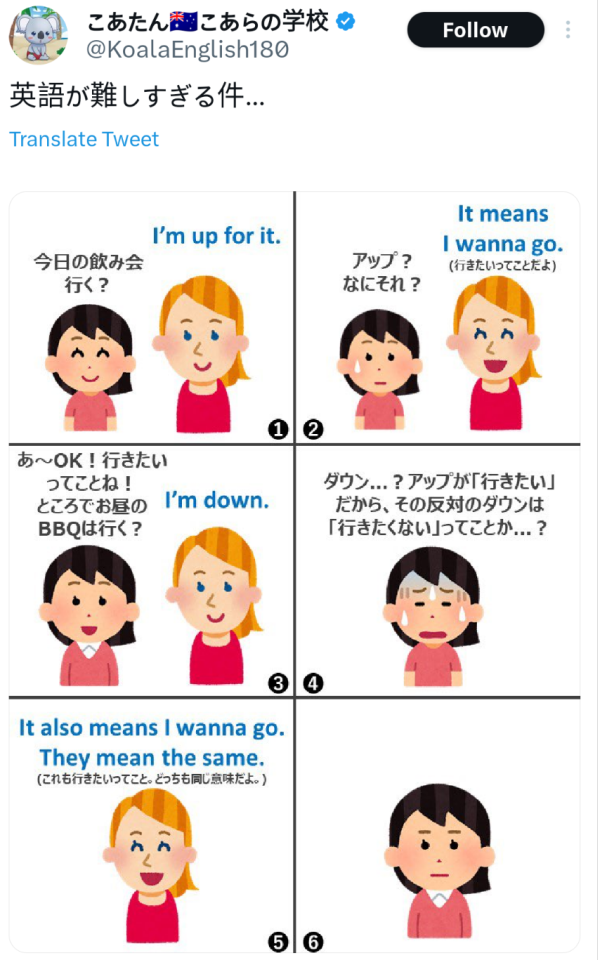
#japanese#learning japanese#japanese vocab#langblog#japan#anime#tumblr language#langblr#manga#japanese vocabulary
20K notes
·
View notes
Text




Hihi! I took a break from properly posting but I’m back to announce that my language learning has never been more consistent !!! I’ve been relearning Deutsch and 日本語 using textbooks en Français- which helps me to learn all 3 languages at once :’)
#pictured a lil trip to a Japanese bookshop + some jap exercises + a tasty breakfast my bf & I had! 🍊☕️🥞#studyblr#light academia#cottagecore#studyspo#langblr#bookblr#romantic academia#Paris#fairycore#Japanese#nihongo
3K notes
·
View notes
Text
I’ve been having trouble putting this idea into words so you’ll have to bear with me, but I was struck when I saw a Japanese news program interviewing foreign tourists in Japan, and some australian women were dubbed over with a stereotypically feminine speech register (lots of のs and わs), and my first thought was “they weren’t speaking that femininely in english”.
A friend of mine from the UK recently mentioned that he noticed that australia has a generally more masculine culture than england - he felt that everyone is a bit more masculine here, including women. This kind of confirmed to me that my impressions of the dubbing were right - the tourists were speaking in a relatively (internationally) more masculine way. Yet their dub made them sound so much more feminine.
It made me wonder. When translating something, do you translate the manner of speaking “directly”, or “relatively” in terms of cultural norms? Maybe this graph will help me explain the question.
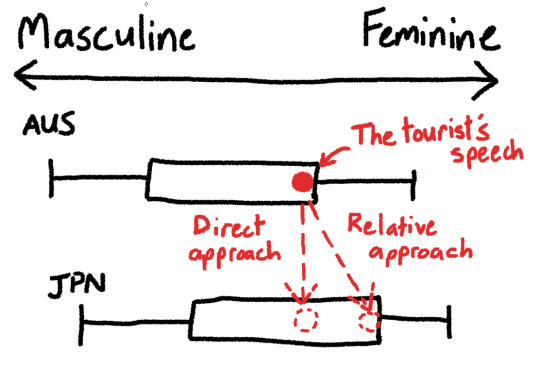
A direct appoach in this case might appear to a Japanese person to result in an unexpectedly masculine register, but preserves how the speaker's cultural upbringing has influenced their speech.
The news program translators chose the relative approach - I think I would prefer the direct approach. I think I prefer it because I believe translation should be a rewriting of the original utterance as if the speaker was originally speaking the target language, and the direct approach compliments that way of thinking the best.
Actually now that I type that, I’m second guessing myself. Does it? It does, if for the purposes of the “rewrite it as if they spoke japanese” thought experiment, we suppose the speaker magically learned japanese seconds before making the utterance, but what if we suppose the speaker magically grew up learning japanese - then maybe they would conform to the relative cultural values. But also, maybe they would never have said such a thing in the first place - their original utterance was informed by their upbringing and cultural values, so how could you possibly know what they would have said if they had known japanese from birth? Maybe my initial instinct was right after all?
If you work in translation, I’m very interested to hear if you have come across this problem and how you deal with it 🙏
Further reading: I think this question also ties into this problem I’ve been struggling to answer for a while.
630 notes
·
View notes
Text
When someone speaks a foreign language in public and I’m desperately trying not to stare like I’m sorry I’m not racist I just desperately want to hear the different vowel sounds you’re making. sorry.
#also every time I hear a language in public I wanna figure out what it is#and don’t even get me started on if it’s one I recognize#if it’s Japanese I’m like#if they say one of the few words I can understand I go insane#even if they just use particles. and I hear/recognize them. it’s so exciting for me#<-(I’m a nerd and this is what qualifies as fun for me)#but also it’s rude to stare and eavesdrop too much I’m sure#and I don’t want people to feel uncomfortable#Quinn posts#language#langblr#linguistics#language learning#languages#100#500
789 notes
·
View notes
Text
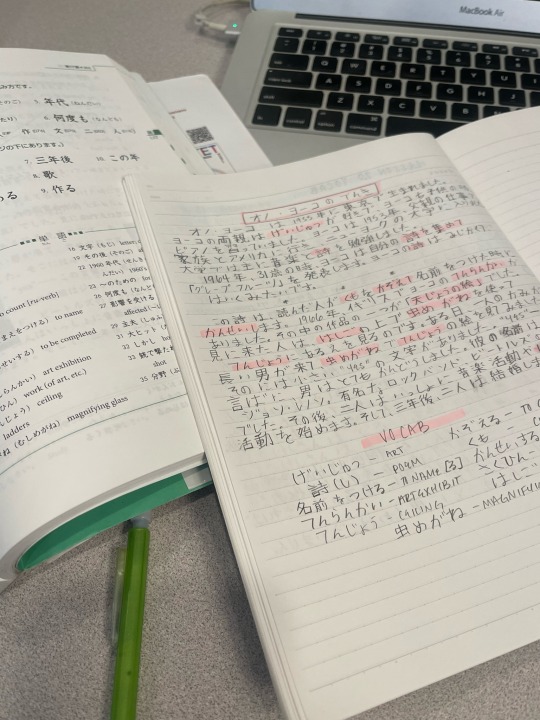
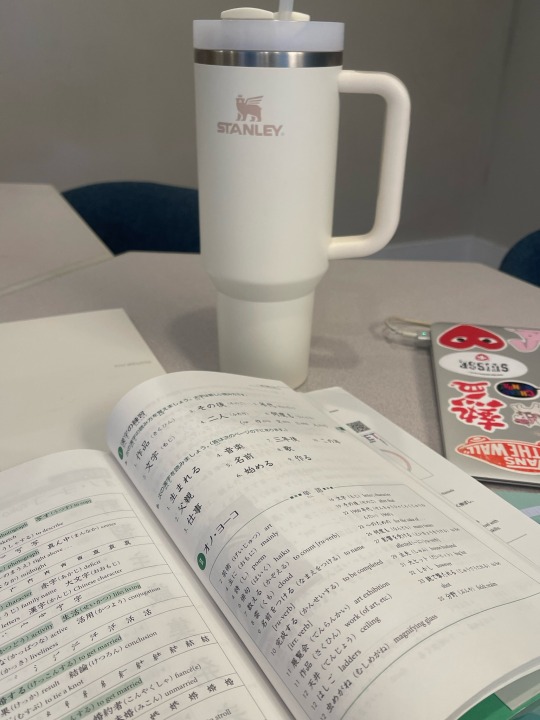
sunday studies 🕊️🍵📗
#studyblr#study blog#langblr#langblog#japanese langblr#japanese language#japanese#studyinspo#study motivation#study aesthetic#study desk#exam study#student blog#learning japanese#language blog#language learning#student life#studying
552 notes
·
View notes
Text




learning japanese update: i’ve been practicing writing down sentences and trying to understand the sentence structure. linguistically, japanese and turkish have similarities, so i can say that it’s been going well and i’m having sooo much fun!!
#langblr#lunlunstudies#learning japanese#japanese learning#language lessons#second language#japanese language#language learning#language#langblog#studying#studyblr#studyspo#studystudystudy#study motivation
407 notes
·
View notes
Text
神無月 (kan-na-zuki) "October" (archaic)
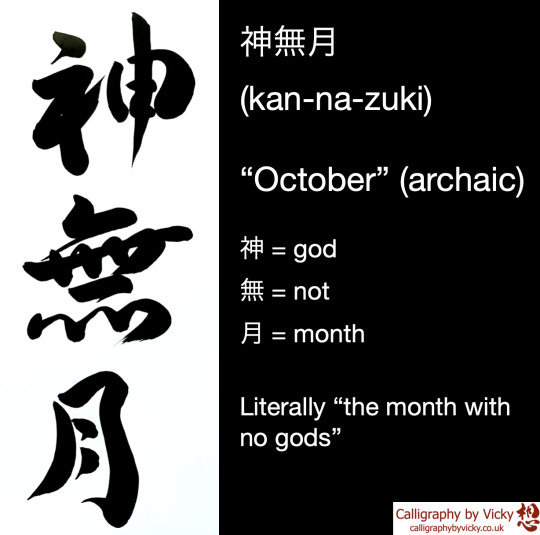
神 = god
無 = not
月 = month
The modern Japanese word for October is 十月 (literally "10th Month), however in the old-fashioned calendar is was known as 神無月, or "the month with no gods".
In October, all the gods in Japan (there are believed to be 8 million of them) go to Izumo Shrine in Shimane Prefecture for a meeting, thus leaving most of Japan with no gods.

The huge shimenawa (sacred rope) at Izumo Shrine.
#Japanese#kanji#Japan#Japanesecalligraphy#書道#October#十月#神無月#japanese language#japanese culture#japanese calligraphy#japanese art#calligraphy#japanese langblr
923 notes
·
View notes
Text
Japanese Reading Resources for Absolute Beginners
A question I encounter often is "How much Japanese should I study before I can begin reading in Japanese?"
From my experience as a learner and reader myself and from managing a Japanese book club for other learners I can honestly say that you can start way earlier than you probably think!
There are many resources that only require knowing hiragana. Those texts usually teach vocabulary through pictures and only use basic grammar.
Some are even simpler than that: The Japan Foundation's Hiragana Books are great for those, who are still remembering hiragana characters. Every short book introduces only 1-2 new characters, so it's a great reading exercise for those who've just started.
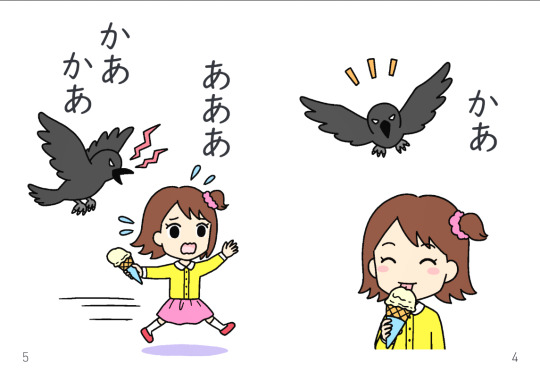
The free graded reader 「どうぞ、どうも」 by the NPO Tagengo Tadoku only uses the words 「どうぞ」 and 「どうも」 to write an entire story. Again, this makes for a great exercise in reading hiragana and understanding context. Another "level 0" recommendation by the same NPO would definitely be 「しろい?くろい?」. This book uses the full range of hiragana characters but the grammar is simple and all used vocabulary is illustrated.
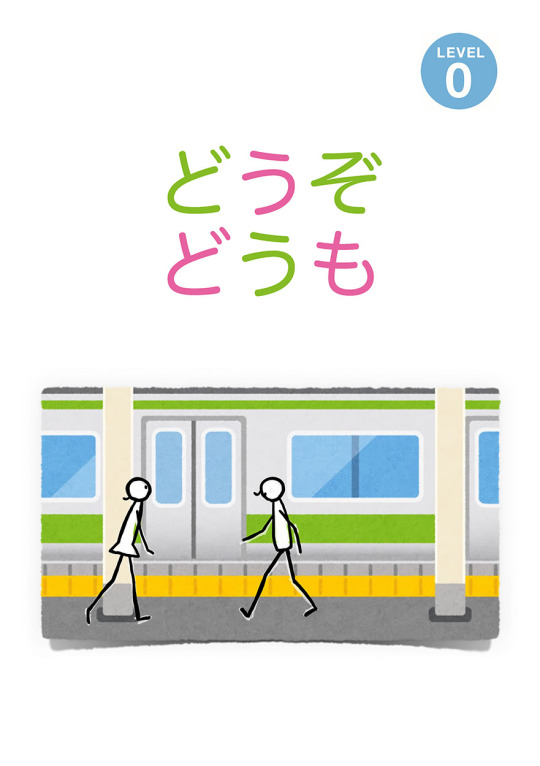
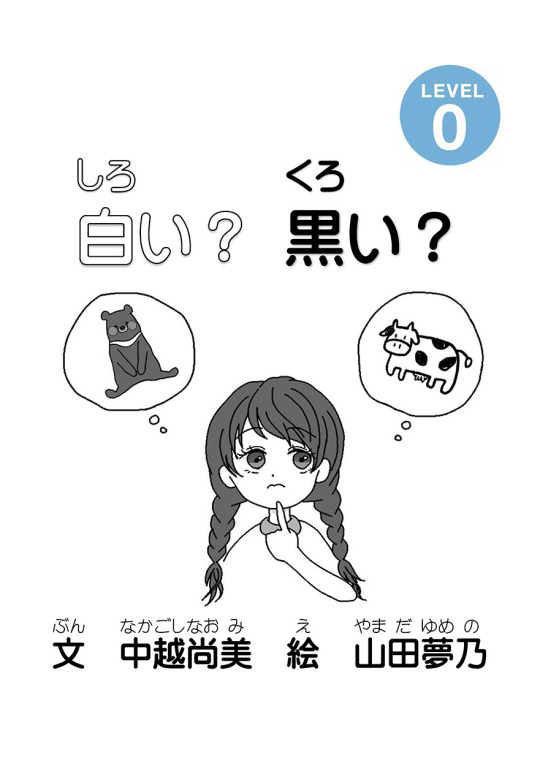
Another site with great resources for absolute beginners is Nihongo Tadoku Dōjō. If you have memorized both hiragana and katakana and know how the particles を and で work you will be able to read this text about stationary (ぶんぼうぐ) and understand everything by looking at the pictures!
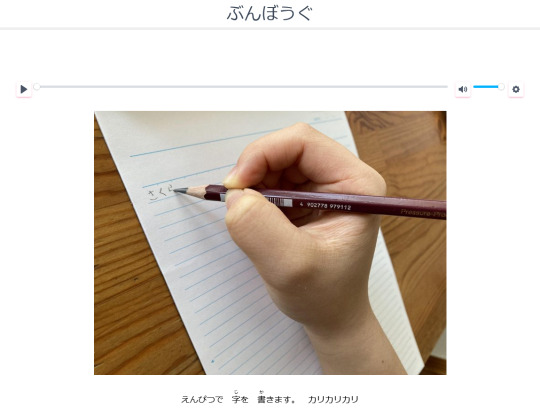
The resources linked so far can all be accessed completely free on the linked websites. If you have the money to spare, please also have a look at the box 「スタート」 from the series reberubetsu nihongo tadoku raiburarī published by the NPO Tagengo Tadoku and ASK (affiliate link). This box includes 8 little books in very simple Japanese.
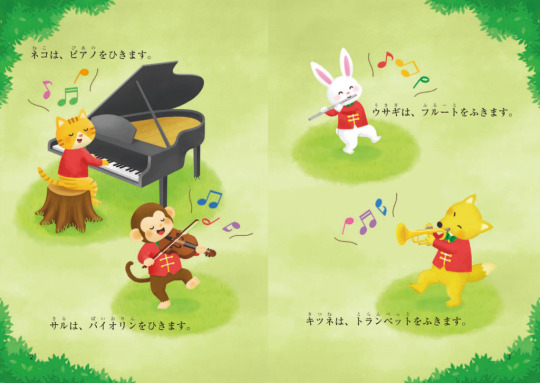
All these texts for absolute beginners will get you started reading in Japanese with very little knowledge of characters and vocabulary.
Reading in Japanese is a skill that requires practice. But once you get used to it, it can be such a valuable tool to reinforce new vocabulary and grammar. So please don't wait until you're "ready" before you start reading - start early at your own level!
#my book reviews#reading in japanese#study japanese#learning japanese#日本語#japanese books#やさしい日本語#free graded readers#free tadoku graded readers#nihongo tadoku dōjō#absolute beginner level#japanese langblr#japanese language#japanese reading comprehension#japanese free reading resources#japanese reading resources
644 notes
·
View notes
Text
垣根の種類
日本では次のような垣根が見られます。
竹垣(たけがき)bamboo fence

生垣(いけがき)hedge

石垣(いしがき)stone wall

金網フェンス(かなあみ)chain-link fence

板塀(いたべい)wooden board fence

煉瓦塀(れんがべい)brick wall

ブロック塀(べい)concrete-brick wall
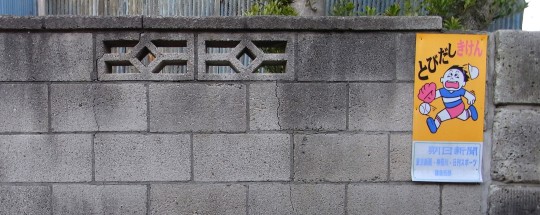
土塀(どべい)mud wall

#語彙リスト#langblr japanese#langblr#studyblr#booklr#japan#japanese#japanese language#jlpt n2#jlpt n1#japanese vocabulary#vocabulary list#study motivation#studyspo#study blog#study aesthetic#日本語#日本語の勉強#単語#fence#japanese fence
68 notes
·
View notes
Text

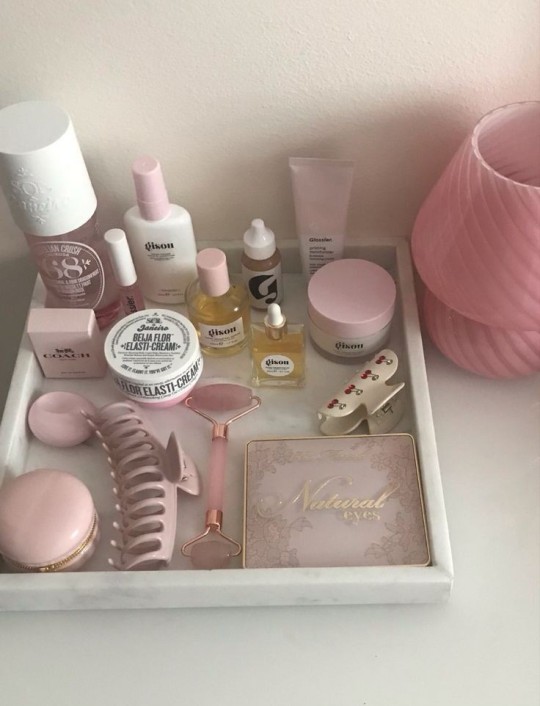

My Morning Routine 🎀
I have adopted a new morning routine because I didn't have one for honestly the last....4 months? Eeeeessshh, absolutely not good for me. I've had to tweak the routine this week, but I think I've got it down! I wake up between 5am and 6am, typically closer to 6am, but it depends on the days because Fridays, Saturdays, and some Sundays I have to leave my house by 7/7:30am. I typically have 2 hours for this routine which is perfect for me!
Current Morning Routine 💗
Wake up between 5am and 6am
Drink water, use the bathroom
Make my bed
Do a quick Yoga with Adriene morning yoga workout, then put yoga mat away
Write in my guided journal
Complete a morning journal prompt of choice in my other journal
Make an Iced Coffee (medium roast Coffee k cup , one sweet n low packet, splash of French vanilla creamer)
Read 1 Chapter OR 15/20 minutes (typically self help book but honestly any book is fine for me!)
Plan out some things for the day (planner, Google Calendar, brain dump list, review todo lists for day)
Shower/Wash face (depends on if I showered night before)
Do my morning skincare! (vitamin c serum, moisturizer, sunscreen, lip balm)
Get dressed for the day (either work clothes or normal outfit depending on what i have to do)
Pack my bag(s) for the day (again, depends on the class, and if I have work then I may take a 2nd bag)
Head out (if necessary, which it typically is, except for most Sundays!)
And that's my morning routine! I love it so much, it's been so nice waking up at a set time every day and has been forcing me to be more mindful of when I go to sleep and how much caffiene I am consuming. It's so nice to have a morning routine, and I am currently working on implementing a night routinebecause I thrive with routines!
til next time lovelies 🩷
#pink pilates girl#pink pilates princess#self care#self development#self love#wonyoungism#it girl#health & fitness#mental health#physical health#girly stuff#studyblr#study blog#langblr#spanish langblr#japanese langblr#that girl energy#becoming that girl#that girl#it girl self care#it girl energy#pink blog#pink academia#pilates aesthetic#pink aesthetic#college student#uni student aesthetic#university student#student life#green juice girl
329 notes
·
View notes
Text
Look, I knew five languages by age 19 and now I am learning like 3 more. I work as a language instructor and a consultant. If I can give language learners only one advice, this is it.
STOP LEARNING WORDS ON THEIR OWN.
You're doing yourself a disservice by learning lists of "30 words you must know!" "100 most common words!" like it literally means nothing if you cannot use those words in an appropriate context with proper grammar. So what you actually need to do is learn those words via example sentences.
Of course, sentences have more words so you may think you're learning less but you're actually learning the way to use it in context. That's what's important.
Language is about communication, which also means if you want to learn languages, you have to observe how people communicate with each other universally. Native speakers never have a list of words they know and they don't count every single new word they've learned. So why are you doing it to yourself? What native speakers do is listen to the new word, remember the context they're spoken in, and keep using that word in that context. And that's why people go "wait, you can use that word LIKE THAT?" all the time. So you, a language learner, are also allowed to do that. I'm not even saying those word lists are useless but they're the most useful AFTER you've known most of them and are trying to go over them for practice etc. Native speakers do click on those word lists to check out how many words they don't know or to remind themselves of those words or to learn some facts about each word. That should be your goal as well.
Learn sentences. Learn them in context. Do not fall into the "I must know xx amount of words or I'm a failure at language learning" trap perpetuated by bloggers or youtubers or whatever. Have fun with it!
#language learning#studyblr#langblr#100 days of productivity#chinese studyblr#japanese studyblr#korean studyblr#how to learn#learning#academia#academic#academics#language study#language#languages#study tip#study#study motivation
287 notes
·
View notes
Text
IRL Japanese 2: Things the kids I teach say all the time
If you're planning to work as an ESL teacher in Japan working with kids, this vocab is gonna be super useful for you! You'll pick up a lot as you go along, but it's good to have an overview from the start.
できた = done, finished (whenever they finish an exercise I've set them. The older kids will use the ます-form, but kids under like age 8 will use this one)
かえる?= is it time to go home? (lit: go home?)
わかった = got it (again, the older kids will use the ます-form)
わからない / わかんない = I don't get it (idk if わかんない is just dialect or if it's common overall, but I hear it more than わからない. Usually from the kids who don't wanna be there and are making zero effort)
ちがう = wrong / different (when they give an answer but realise it's not correct. It's basically like "wait, no")
ばか = idiot (sometimes boys say this to their friends)
全部?(ぜんぶ)= everything?! (asked in disbelief when I ask them to write more than one word)
やめろ = stop it! (used with friends when they're teasing each other)
いたいよ = that actually hurts, you know! (used with friends when they're rough-housing)
よし (more like 'yoshhh') = right then (filler word indicating the start of an activity or a change of activity)
水筒(すいとう)= water bottle (most kids bring one to class and frequently forget to take them with them when they go home)
忘れた(わすれた)= I forgot (usually in reference to the text book they left at home)
トイレに行きたい = I want to go to the bathroom
先生、大好き!(せんせい、だいすき!)= I love you, Sensei!
Other useful classroom/school vocabulary:
サイコロ = dice
トランプ = playing cards
ごろごろ = onomatopeia for the sound for rolling (I found the kids got confused if I just mimed rolling a dice/ball and said "roll!" but if I did the gesture and said "gorogoro", they understood)
ビリビリ = onomatopeia for ripping (useful for when you have tear-apart crafts in class)
ケシケシ = onomatopeia for erasing something (useful when you try to explain to a kid they spelled something wrong. Because it's easier to just say "A kesh-kesh, E" than "Not A, E. Okay great you wrote E, but A needs to go. No no no not the whole word, just A. Oh my God. Okay. Let me write it and you copy.")
ちょっと = a little, soon, wait a little (useful if the kids are getting a bit antsy and ready to go home a bit too early/don't want to wait their turn. Don't use it with parents though!)
がんばれ = do your best / you can do it!
あぶない!= dangerous / look out! (useful if a kid unexpectedly runs in front of me while I'm carrying a table)
せえの!= Altogether now! (When I need the kids to repeat something after me)
だめだよ = Don't do that (for when the kids repeatedly do something I've asked them not to do)
少々お待ちください(しょうしょう おまち ください)= polite form of "please wait a moment". Useful if you have a parent talking to you and you need to go get something (e.g. a communication sheet for them to point at so you know what they're trying to say)
授業参観 (じゅぎょうさんかん) = parent observation (PO). A couple of times a year, parents are invited into the classroom to watch the lesson (absolutely not a thing in the UK, not sure about other countries). The past two months I've had POs at my various schools, and so the parents come to the door and ask me if it's PO week. I don't understand most of the question, but I can pick out this one word and a question particle and figure out what they're asking.
It's also obviously a good idea to learn vocabulary related to stationery (eraser, pencil, crayon, pen, notebook, textbook, pencil case etc) because kids forget/lose their stuff all the time and will inevitably ask you if they can borrow something.
504 notes
·
View notes
Text
increasingly "useless" reasons why i like learning languages
@studentbyday said i should re-define "useless" in my mind. instructions unclear. made a shitpost instead 💩

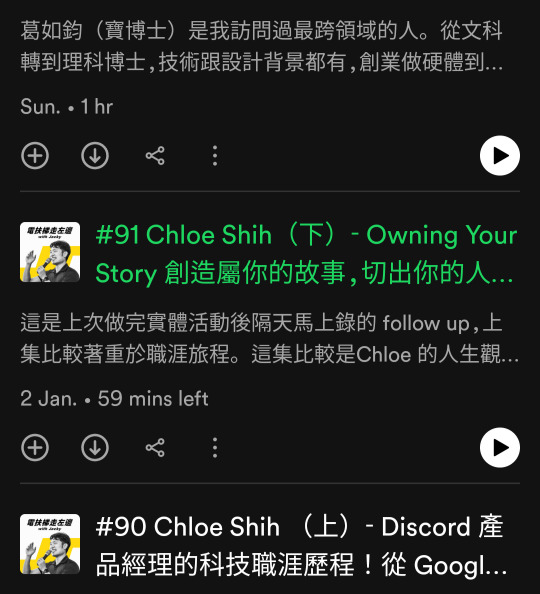

💌: inside-my-phone format is back!🍃 do you agree/disagree with my MTL rankings? what motivates you? 👀
i can be a more empathetic, understanding, and supportive person who makes sure to only cuss people out in languages they don't understand so that their feelings aren't hurt ❤️
i can talk to more people who will probably think i'm an idiot because of how badly i speak their language 👄
i can nurture my self-confidence/-esteem as long as i don't think too hard about how much i don't know 🥰
i can read more books, articles, people arguing on the internet, etc. 📚
i can travel to foreign countries more easily until someone asks me to translate something important and i mess up and land us both in prison or something ✈️
i can unlock new work opportunities until someone asks me to translate something important and i mess up and land us both in prison or something 💼
i can multitask better even though i shouldn't even be doing it in the first place 🤹♀️
i can watch my favorite shows/listen to my favorite songs without subtitles/translations so that my brain rot can continue in peace 📺
i can, on the other hand, stop losing brain cells?? 🧠
i can eavesdrop on more people, probably at the grocery store 🙉
i can show off at work and other places where it is appropriate to show off irrelevant skills ✨
sex appeal?? 🥵
#langblr#studyblr#study motivation#study inspiration#korean langblr#chinese langblr#japanese langblr#korean studyblr#chinese studyblr#japanese studyblr#learning languages#language learning#language lessons#duolingo#zesty's life#languages#multilingual#multilanguage#bilingual#motivation#humor#shitpost#self development#self improvement#study blog#study aesthetic#light academia#dark academia#chaotic academia#polyglot
290 notes
·
View notes
Text
Fake-tanuki soup or Fake tanuki-soup?
連濁(れんだく; en: rendaku)is a phonological rule in japanese that makes the first voiceless consonant of a word change into a voiced consonant when used in a compound word. For example, おり + かみ → おりがみ (ori + kami → origami) ("fold" + "paper" → "paperfolding") - the /k/ sound in かみ becomes a /g/ sound (which is the voiced version of a /k/ sound) by adding a voicing mark -> が.
What’s interesting about 連濁 is that native speakers can use it subconsciously as a sort of “order of operations” system for unfamiliar words, like PEMDAS or BIDMAS in maths. A classic example of this is the にせたぬきじる problem[1]. Native speakers can immediately and with confidence tell the difference in meaning between two compound words they have never heard before, despite the only difference being the voicing of a single consonant. Take the three words 偽 (にせ, meaning “fake” or “imitation”), たぬき (tanuki, the Japanese racoon dog), and 汁 (しる, meaning “soup” or “broth”). They can be combined into the following compound words: にせたぬきじる and にせだぬきじる (note the voicing mark, or dakuten, on the latter). Keep in mind, these two words do not exist in ordinary japanese - they’ve been created as part of a linguistics experiment.
You might think the meaning would be ambiguous in those compound words: is it (imitation tanuki)+soup or imitation+(tanuki soup)? Let’s imagine we’re referring to the former. First, we combine にせ+たぬき. There’s a rule that rendaku can’t occur if there’s already a voicing mark in the second component of the compound, but we’re safe here - たぬき has no voicing mark. Therefore, it becomes にせだぬき. Then, we combine にせだぬき+しる. Again, しる has no voicing mark in it, so we’re safe to add it in, and we get にせだぬきじる.
Conversely, let’s say we were referring to fake “tanuki-soup”. First we combine たぬき+しる. This combines safely to たぬきじる. Then we combine にせ+たぬきじる. But wait, the second component does already have a voicing mark, on じ! So we can’t add one to た. Therefore we end up with にせたぬきじる.
That’s a lot of thinking and linguistic hoops to jump through to make up 2 words, but here’s the thing: Japanese native speakers who have never heard these words before can instinctively deduce the difference in meaning with startling accuracy. They correctly determine the meaning of にせだぬきじる as “a broth made from imitation tanuki” and にせたぬきじる as “a fake version of a dish called ‘tanuki soup’”. Even more surprising is the research findings of Shigeto Kawahara, which show that children as young as 9 years old can consistently deduce the difference as well[2]. I think this shows how incredibly powerful the subconscious mind is at learning linguistic rules, and how bad the conscious mind is at learning them!
#langblr#japanese#japanese language#language acquisition#language learning#language#linguistics#learning japanese#日本語#jimmy blogthong
678 notes
·
View notes